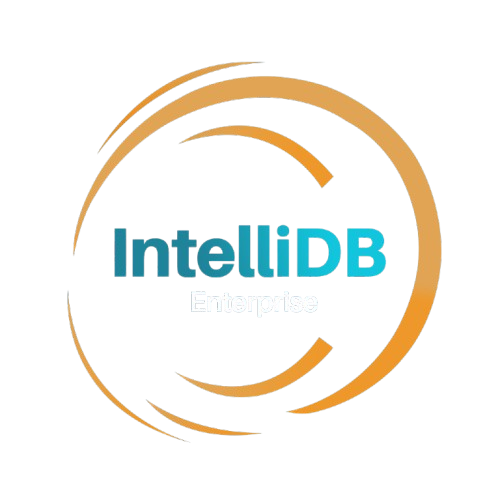Redefining Control Over Stored Data in an Intelligence-First World
With the emergence of AI, data has become a sine qua non for intelligence, invention, and global competition. But just as the AI is penetrating into healthcare diagnostics, and financial forecasting, questions of data ownership, control, location, and governance are of increasing urgent relevance.
Welcome to the era of data sovereignty: where the stored data is already a concern of law, of technology, and of ethics.
Why Data Sovereignty Matters More Than Ever
Data sovereignty has historically meant that information is governed by the laws of the nation in which it is physically stored. In actuality, that meant adhering to laws such as the DPDP (India), PIPEDA (Canada), HIPAA (US), and GDPR (EU). However, the stakes are much higher in an AI-driven environment.
Why? Due to the fact that in AI systems:
- Learning algorithms are powered by stored data.
- Data-driven conclusions influence actual results.
- Global deployment of AI models trained in one area is possible.
Legal infractions, ethical issues, and a loss of control over national digital assets can result from stored data that is processed improperly or that crosses international borders.
Enter IntelliDB: The AI-Native Platform for Sovereign Data Control
IntelliDB, an enterprise-grade postgreSQL solution designed to treat stored data with AI intelligence and sovereignty-awareness built-in, is being adopted by companies to bridge this gap.
Here is how IntelliDB looks at the issue of data sovereignty in an AI context:
1. Presence of Regional Data Storage and Deployment Agencies
IntelliDB supports multi-cloud environments from on-premises, hybrid to AWS, Azure, and GCP. These options raise the level of control an organization has over its data’s physical location, therefore ensuring the respect of regional laws without hampering access.
2. In-Database AI for Local Intelligence
IntelliDB supports AI workloads running where the data lives using PL/Python and pgvector. That means training, inferring, and analyzing data across jurisdictions without data moving.
3. Granular Access Control and Audit Trails
Access management and control for stored data are achieved by advanced role-based access control mechanisms, encryption, or logging tools.
4. Policy-Aware Data Masking and Retention
Enforce retention rules and data masking policies based on local mandates, especially when forming AI pipelines from customer- or health-related datasets.
Actual Consequences: International Trade and National AI Aspirations
Sovereign data turns into a strategic asset as more governments develop their own national AI strategies. Nations are attempting to:
- Laws of data localization
- AI compute zones hosted by the government
- Frameworks for ethics in AI training data
Businesses that conduct cross-border operations, particularly those that operate in several legal jurisdictions, must simultaneously manage stored data rights carefully. Platforms such as IntelliDB allow companies to keep a global AI footprint while acting as a compliance engine.
Conclusion: Store Smart, Govern Smarter
In the AI era, data is not just fuel-it is power. And how that power is stored, controlled, and governed defines who leads and who follows.
Data sovereignty is not a checkbox anymore-it is a competitive edge. Whether you are developing an LLM, building an AI product, or scaling your data operations across the globe, the success of these projects lies in the management of the stored data with precision, integrity, and accountability.
IntelliDB empowers future-ready foundations to help enterprises take the leap just in that direction-combining sovereign control with the intelligence and agility demanded by AI.

